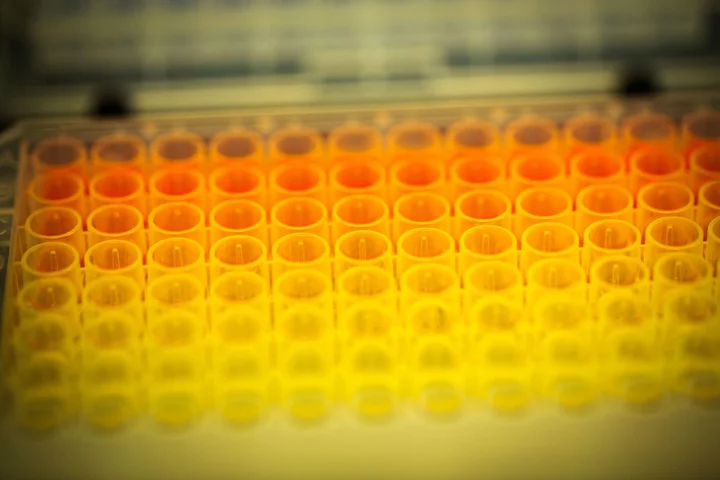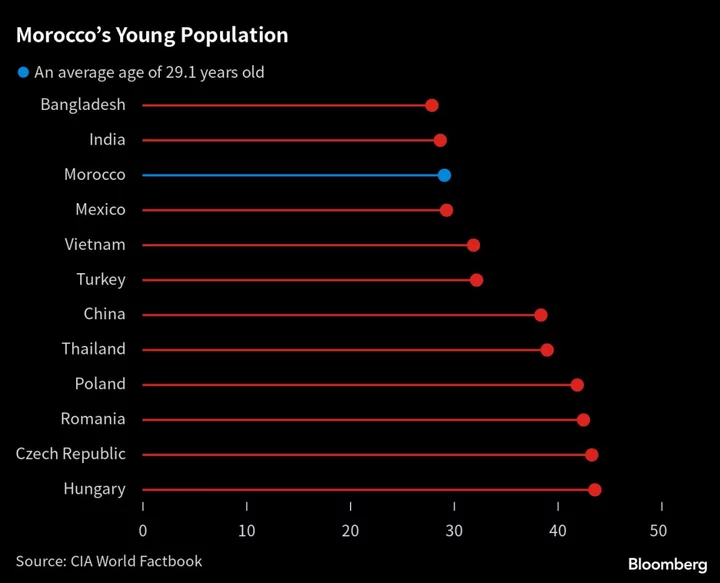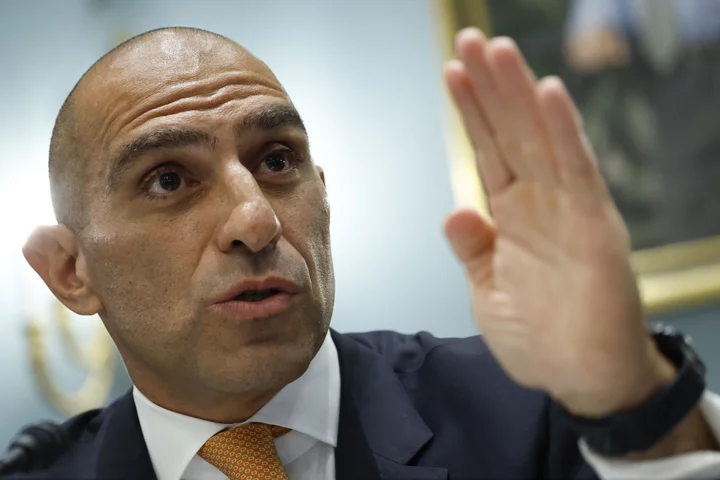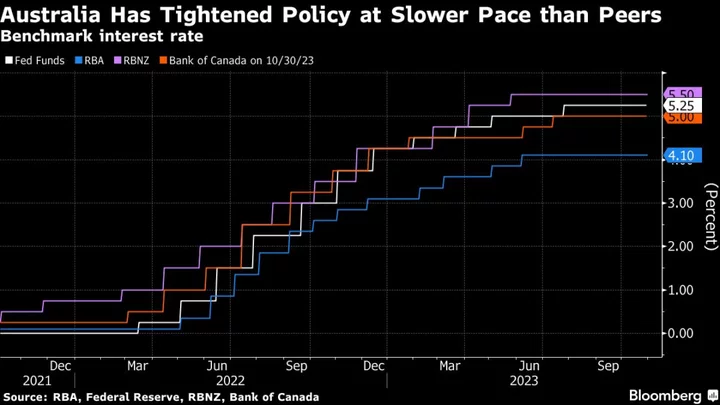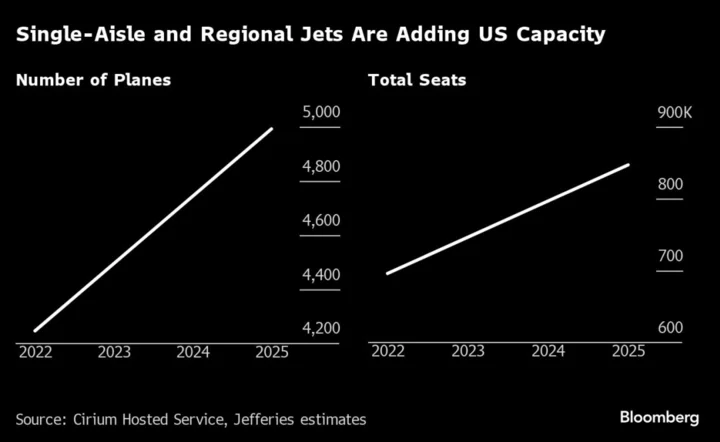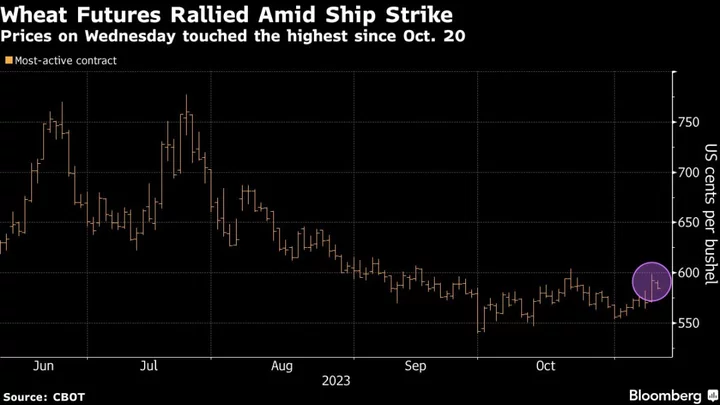European biotech startup Cradle raised $24 million, gaining funds for its effort to use AI to help scientists design and engineer proteins faster and more cost-effectively.
Index Ventures and Kindred Capital participated in the Series A round, along with Chris Gibson, the co-founder of Recursion Pharmaceuticals Inc., and Tom Glocer, the former chief executive officer of Thomson Reuters Corp. and a Merck & Co. board member, Cradle said Tuesday. The startup has raised a total of $33 million so far, including a seed round last year.
Cradle harnesses generative artificial intelligence to help create proteins beyond what exists in nature. It’s working on more than a dozen projects to engineer a wide range of protein sequences and 3D structures for enzymes, vaccines, lab-grown food and other materials.
Founded in 2021, the startup’s customers include Johnson & Johnson, Novozymes A/S and Twist Bioscience Corp. It has offices in Delft, Netherlands, as well as Zurich.
Generative AI, made famous by OpenAI’s ChatGPT chatbot, has the potential to transform drug development. Cradle’s proprietary generative AI, trained on billions of protein sequences as well as data generated in its own laboratories, helps biologists design improved proteins and speed up R&D.
“Results show that Cradle’s technology leads to fewer, yet more successful experiments, making progress faster,” said Stef van Grieken, its co-founder and chief executive officer, who previously led product development at Google Brain.
Generative AI capabilities could improve the chances of solving protein engineering challenges that can’t be handled with existing tools, Cradle said. For instance, biopharma companies spend an average of $22 million and 42 months of research to get a single potential product ready for clinical tests. Even then, only about a third of these progress to clinical trials, according to Cradle.
“It’s still very early days in this field, we are at maybe GPT 0.5,” Van Grieken said in a video interview. “So many cool startups are starting to build at the intersection of science and AI.”
Cradle’s web-based software makes it easier for biotech companies to make their data available for use in generative AI and machine learning tools. The company has about 20 machine learning engineers and biotech researchers, and it plans to use the fresh capital to expand its team as well as build additional engineering and lab facilities.
“The application of AI in biology will be transformational,” said Sofia Dolfe, a partner at Index Ventures.

